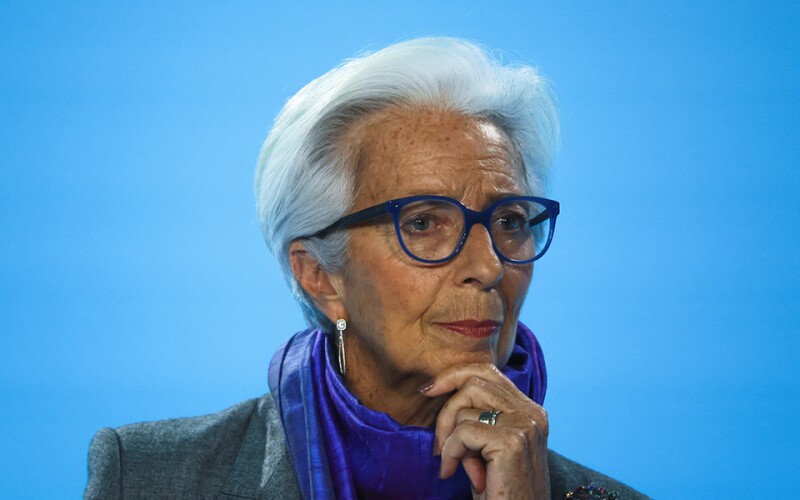
The first two weeks of January are normally the busiest of the year in debt capital markets, as sovereigns, supranationals, agencies, banks and even corporates all attempt to jump-start their annual funding programmes with big new issues.
Investors normally have a lot of money to put to work. But this time, it could be tricky in Europe. Buyers had been getting a little over their skis in the run-up to the ECB meeting on December 15, hoping that, like the US Federal Reserve, it might hint at a coming slow-down in interest rate rises as they approach their peak.
The November and early December bond market rally had even allowed some banks and corporations to start pre-funding their 2023 programmes in the final weeks of 2022, until a hawkish central bank pronouncement put a stop to that.
The European Central Bank is behind the curve and playing catch-up with the Fed. It has revised its expectations substantially higher for eurozone inflation and – even though central banks are meant to have dropped forward guidance – points out that interest rates will have to rise "significantly" and "at a steady pace" to return inflation to target, and that only by keeping them at restrictive levels for some time will inflation expectations be restrained.
ECB
